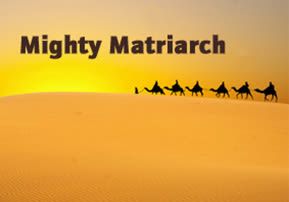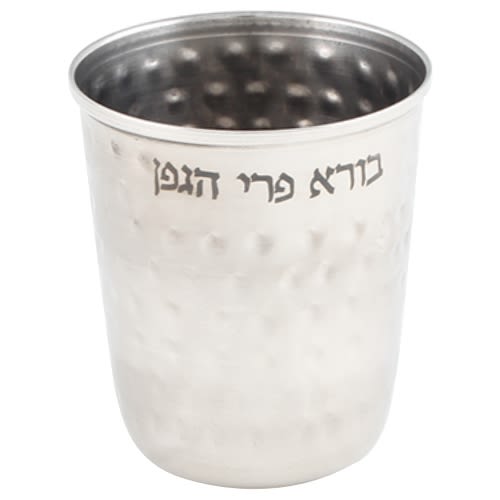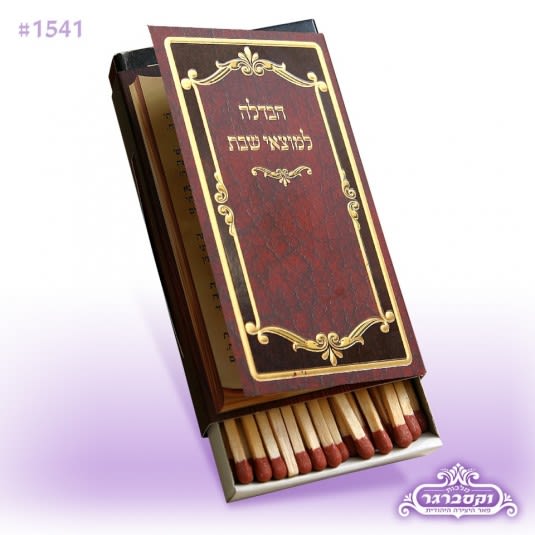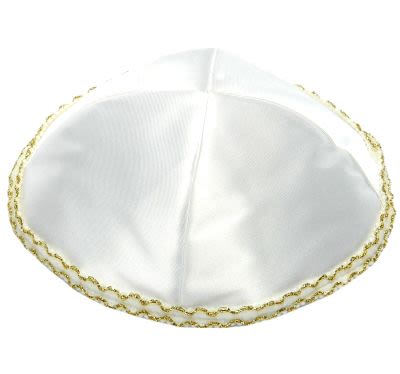
Chayei Sarah: Mighty Matriarch
The Torah tells us about Rebecca's kindness; but at a closer look, we see her iron-clad inner strength and desire for the truth...

Parshat Chayei Sara
The Torah has a wide range of mitzvot (commandments) that every Jew is supposed to keep. If we are realistic about ourselves and others, it would appear that some of us are more “cut out” for religious life than others. Some have a profound spiritual side while others may be very concrete and grounded in their orientation. For example, a person who, by nature, is charitable will have an easier time distributing the required charities to the poor, while the more stingy seemingly are at a handicap. Although this situation might seem unfair at times but the simple response is that each of us has the ability to overcome our personal shortcomings and perform those acts that Hashem expects of us.
Let’s take a look at this week’s Parsha for another possible approach on how to deal with the tension just mentioned, i.e. that we are all expected to keep the same mitzvot even though some seem better suited for it than others.
After the story of the death of Sarah, Abraham decides to find a match for his son Isaac. He sends his trustworthy servant Eliezer to his birthplace to achieve this goal. Eliezer, in order to determine whether the prospective bride is suitable, devises the following test. He will request water from the first girl he meets and if she responds by bringing water not only to him but also for his camels, she will be the  correct match for Isaac. Almost immediately Rebecca comes out and fulfills the conditions of the test perfectly, extending herself well beyond his personal request for a drink. Her act of kindness (plus her being related to Abraham which he determined only later) is proof positive to the correctness of the match. Eliezer sees the hand of Divine Providence and is sure that the test was successful, that he has found the right wife for Isaac.
correct match for Isaac. Almost immediately Rebecca comes out and fulfills the conditions of the test perfectly, extending herself well beyond his personal request for a drink. Her act of kindness (plus her being related to Abraham which he determined only later) is proof positive to the correctness of the match. Eliezer sees the hand of Divine Providence and is sure that the test was successful, that he has found the right wife for Isaac.
Through this story it would appear that we are being taught that Rebecca’s quality of kindness was her most salient feature. However, there is a serious difficulty with this assumption. In most of the subsequent stories Rebecca shows a remarkable inner strength and determination not necessarily associated with someone who exhibits such kindness.
For instance, as Rebecca is about to leave her home to travel with Eliezer to her future husband’s land, difficulties develop. Eliezer is ready to depart from Rebecca’s family when her brother and mother attempt to delay her. “Let her stay for a year, or at least ten months, and afterwards she will go with you” is their suggestion. Obviously Eliezer wants to return immediately and when the conflicting parties reach an impasse they decide to ask Rebecca. Her one word response is “Ailaich“- I’m going. Rashi adds that she was telling her family that whether they are agreeable or not, she’s leaving. There’s a subtlety in the Hebrew wording which reflects a very strong and almost improper response. Based on her quality of kindness, we might have expected a more “politically correct” answer.
In next week’s Parsha we are told of the birth and development of Isaac’s and Rebecca’s twin sons, Jacob and Esau. As Isaac grows old he decides to bless the first born son, Esau, lest he die before conferring his blessing. Rebecca overhears the plan and commands Jacob to pretend he is Esau, his older brother, and take the blessings in his place. She doesn’t ask her husband. She is clear in her decision. Jacob is afraid he’ll be found out, incurring the wrath of his father with the risk of being cursed instead of blessed. Again Rebecca is clear and tells Jacob that if Isaac does curse him for his “trickery”, she will take Isaac’s curse upon herself. In this story we again encounter the strength of Rebecca. This determination seems inconsistent with the extraordinary kindness she first exhibits.
There are basically two reasons for someone to exhibit kindness. The first and more obvious reason is that the giver has a personality whereby it is easy to give and extend oneself. Abraham, who opened his tent to guests and travelers, was the source of giving and kindness. He surely worked on perfecting this quality but it would appear he was a natural embodiment of kindness. However, there is another reason to do acts of kindness. This is because it is the correct thing to do. The person who personifies this quality of doing what is right outwardly exhibits the same generosity as the first type but for an entirely different reason. That is because the second type of kindness, as opposed to being altruistic, is based on doing the correct thing.
Of course Rebecca brought water because she had incorporated the quality of kindness. However there was a second source to her kindness. Her clarity of truth, as exhibited in the other stories mentioned above, was likewise an essential factor in her ability to give. She decides to leave her family’s house and she determines Jacob should take the blessings both based on strength. That strength was a part of her very being and she brought excess water to Eliezer because it was the right thing to do.
We are each called upon to fulfill Hashem’s Divine commands and draw ourselves close to Him. The “what” of the mitzvot is the same for all but the “how” can be as different as night from day. One person will perform their obligation to do kindness for others by giving charity, etc. based on their deeply rooted desire to give. Yet there are others who will end up doing similar acts drawing their strength from their clear sense of right and wrong.
We all have the ability to perform Hashem’s mitzvot. The challenge is to determine and use our unique talents to connect to Hashem and His mitzvot by utilizing our specific special qualities. The more we are able to recognize our own individual abilities, the more we will develop our own personal greatness and our own special relationship with Hashem.









